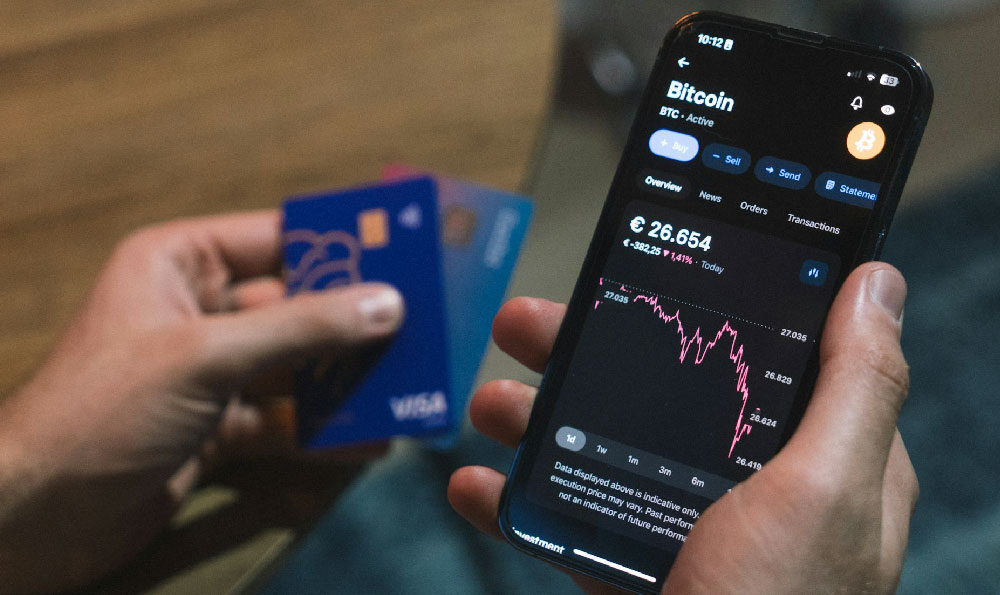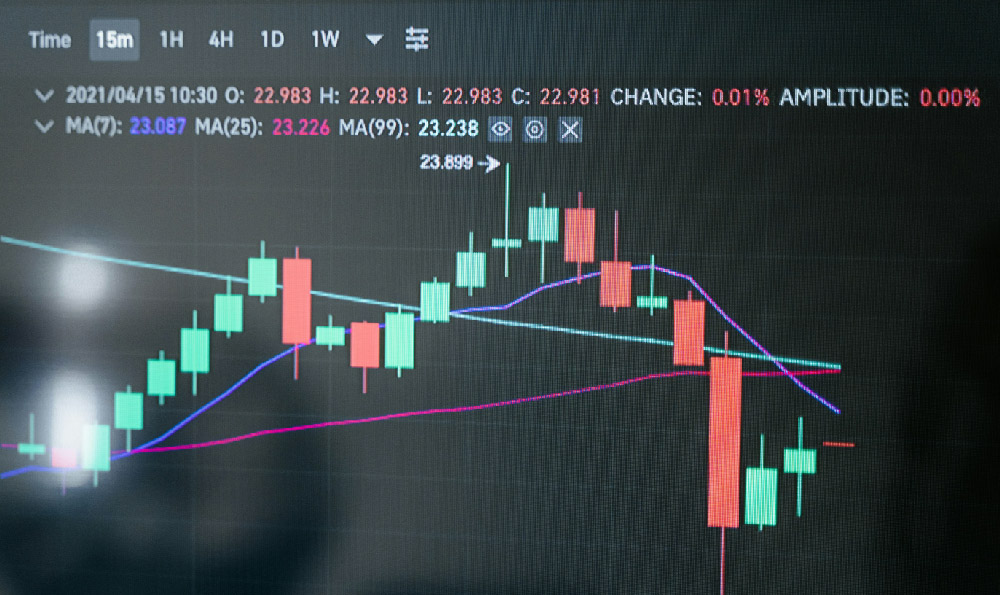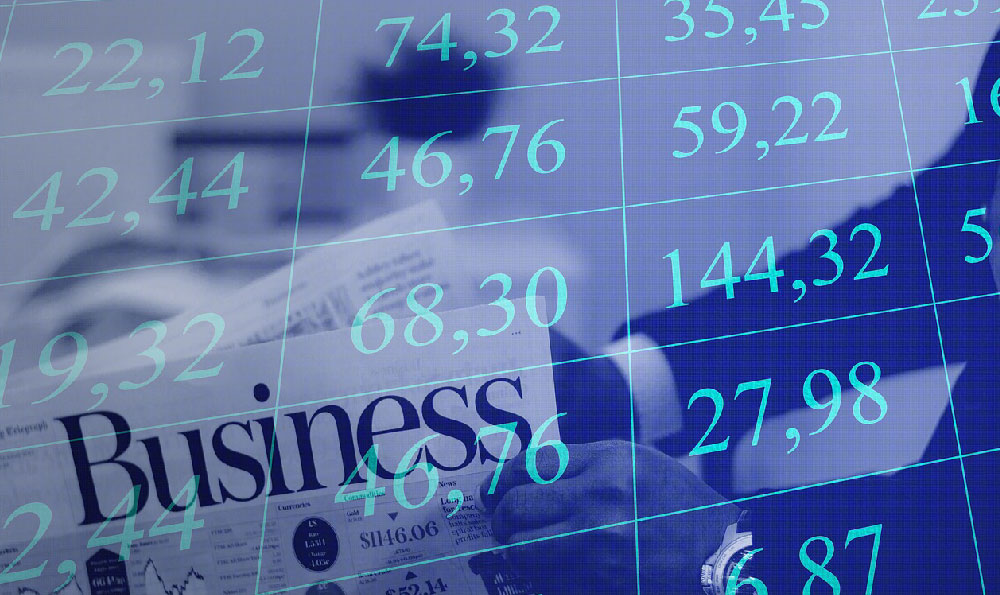
Creating fake money, even as a hypothetical scenario, warrants a serious discussion about its implications and the legal ramifications. While the question itself might stem from curiosity or a desire to understand the financial system, it's crucial to understand why manufacturing counterfeit currency is a serious crime and the potential dangers involved.
The immediate answer to whether making counterfeit money is illegal is a resounding yes. Every country in the world has laws in place to protect its currency from counterfeiting. These laws are generally very strict, carrying significant penalties, including lengthy prison sentences and substantial fines. The rationale behind these strict laws is simple: maintaining the integrity of the national currency is crucial for the stability of the economy.
Think of money as a tool of trust. When you accept a dollar bill, a euro, or a bitcoin in exchange for goods or services, you're relying on the belief that it holds a certain value and can be exchanged for something else of equal value. Counterfeiting undermines this trust. If people lose faith in the authenticity of the currency, the entire economic system could collapse. Prices could become unstable, trade could grind to a halt, and the overall standard of living could plummet. This is why governments take counterfeiting so seriously.

Even the act of possessing the materials or knowledge necessary to create counterfeit money can be illegal, depending on the specific laws of the jurisdiction. This includes items like specialized printing equipment, paper with unique security features, or even detailed instructions on how to replicate currency. The intention behind these laws is to prevent counterfeiting before it happens.
Beyond the legal ramifications, the technical challenges of creating convincing counterfeit money are immense. Modern currency is designed with multiple layers of security features that are difficult, if not impossible, to replicate without sophisticated equipment and expertise. These features include watermarks, security threads, microprinting, and specialized inks. For example, U.S. currency incorporates features like color-shifting ink, which appears to change color when the bill is tilted, and a 3D security ribbon, which displays images that appear to move.
Even if someone were able to create a passable counterfeit bill, the chances of it being detected are high. Banks, businesses, and even ordinary citizens are trained to recognize counterfeit currency. Counterfeit detection devices are commonly used in retail establishments and financial institutions. These devices can detect subtle differences in the paper, ink, and security features of currency.
From an ethical standpoint, counterfeiting is a form of theft. It's essentially stealing value from everyone who uses the currency. When counterfeit money enters circulation, it devalues the currency held by everyone else. This is because the total supply of money increases, while the total amount of goods and services remains the same. This leads to inflation, which erodes the purchasing power of everyone's money.
Now, let's shift the focus to a more productive and ethical discussion: investing in legitimate assets. Instead of exploring the dangerous and illegal path of counterfeiting, consider learning about investing in cryptocurrencies like Bitcoin, Ethereum, or other altcoins. However, even in the world of cryptocurrency, caution is paramount.
The cryptocurrency market is known for its volatility. Prices can fluctuate wildly in short periods of time. It's essential to do your research before investing in any cryptocurrency. Understand the technology behind it, the project's goals, and the team behind it. Look at the market capitalization, trading volume, and historical price data.
Risk management is crucial in cryptocurrency investing. Don't put all your eggs in one basket. Diversify your portfolio by investing in different cryptocurrencies and other assets. Only invest what you can afford to lose. Never borrow money to invest in cryptocurrency.
Be wary of scams. The cryptocurrency market is rife with scams, including pump-and-dump schemes, Ponzi schemes, and phishing attacks. Be skeptical of promises of guaranteed returns. Never give out your private keys or personal information to anyone. Use strong passwords and enable two-factor authentication on all your accounts.
Consider consulting with a financial advisor before making any investment decisions. A financial advisor can help you assess your risk tolerance, set financial goals, and develop a suitable investment strategy. They can also provide you with valuable insights into the cryptocurrency market and help you avoid common mistakes.
Finally, remember that investing is a long-term game. Don't expect to get rich quick. Be patient and disciplined. Stay informed about the latest developments in the cryptocurrency market. Regularly review your portfolio and make adjustments as needed.
In conclusion, the creation of fake money is not only illegal but also ethically wrong and technically challenging. It undermines the financial system and carries severe consequences. Instead of pursuing such a dangerous and futile path, focus on learning about legitimate investment opportunities, such as cryptocurrencies, but always exercise caution, manage your risks, and seek professional advice when needed. By doing so, you can increase your chances of achieving financial success while staying on the right side of the law. The path to wealth lies in informed decision-making, not in illegal activities.




